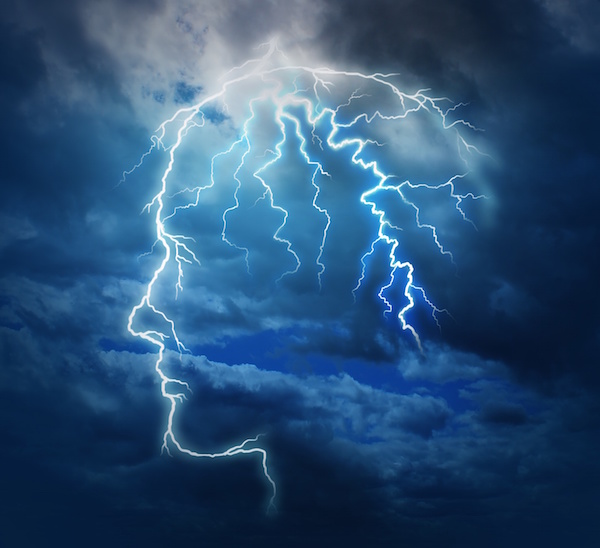
WEDNESDAY, April 15, 2015 (HealthDay News) — Heavy snorers and people with sleep apnea may be more likely to develop memory and thinking problems at younger ages than their well-rested peers, a new study suggests.
The good news from the study is that treating sleep apnea with a continuous positive airway pressure (CPAP) machine may delay mental decline.
“Treatment may not cure the disease, but may delay the onset of memory problems,” said lead researcher Dr. Ricardo Osorio, a research assistant professor of psychiatry at New York University’s Center for Cognitive Neurology.
Osorio cautioned that this study showed only an association between sleep disruption and developing mild mental impairment or Alzheimer’s early. It didn’t prove that sleep apnea or snoring caused the mental decline. And, obviously, not everyone with sleep breathing problems will develop a brain disorder. “There is a question whether sleep disruption is an early symptom or a risk factor,” he said.
He added, however, that the onset of mild mental decline among those treated with CPAP occurred about a decade later than those whose sleep problems weren’t treated.
“That’s a big gap,” Osorio said. “Our assumption is that a [sleep breathing problem] works both ways — it is an early symptom and can be a risk factor,” he said.
Sleep apnea and heavy snoring are common in seniors, affecting about 53 percent of men and 26 percent of women, according to background information in the study.
“Sleep apnea is underdiagnosed in the elderly and unrecognized as a potential risk factor for Alzheimer’s disease,” Osorio said.
For the study, Osorio’s team reviewed the medical records of almost 2,500 people. They were between 55 and 90 years old. The researchers classified people one of three ways: free of memory and thinking problems, in the early stages of mild mental impairment, or with Alzheimer’s disease.
The researchers compared people with untreated sleep breathing problems to those without sleep breathing problems. They also compared people who had untreated sleep breathing problems to those who received treatment with CPAP during sleep.
Osorio and his colleagues found that people with sleep disruptions were diagnosed with mild mental impairment about 10 years or more sooner than those who didn’t have sleep issues.
For example, heavy snorers and those with sleep apnea who developed mild mental impairment developed the problem when they were around 77, while those without sleep breathing problems didn’t develop mental problems until they were around 90, Osorio said.
Among people who developed Alzheimer’s disease, those with sleep breathing problems developed it when they were about 83, compared with age 88 for those without sleep breathing problems, he said.
However, people with sleep apnea treated with CPAP who developed mild mental impairment developed it about 10 years later than those whose nighttime breathing problems weren’t treated — 82 years versus 72 years.
The report was published online April 15 in the journal Neurology.
Dr. Sam Gandy, director of the Center for Cognitive Health at Mount Sinai Hospital in New York City, called the study “extremely important because this is an intervention — CPAP — that can be readily prescribed and may delay onset of mental decline.”
Gandy thinks a simpler way of diagnosing sleep apnea might be needed. “The current screening process is somewhat cumbersome and inconvenient, but that may well be offset by the benefit of enjoying more years of intact mental ability,” he said.
More information
For more on sleep apnea, visit the U.S. National Library of Medicine.
Copyright © 2026 HealthDay. All rights reserved.

